Inspire Creativity
and Courage to Change
Help your child face fears, adapt fast, and think beyond the obvious.
Adaptive Innovator
Designed with educators, backed by psychology, and
easy to integrate into your school’s
routine.

Plan Objectives
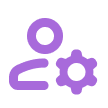 Embrace Change
Embrace Change
Teach children to navigate uncertainty with creativity and confidence.
 Innovate Solutions
Innovate Solutions
Foster the ability to think outside the box and create impactful ideas.
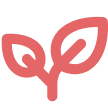 Learn Flexibility
Learn Flexibility
Help children adapt to new challenges and perspectives.
 Encourage Curiosity
Encourage Curiosity
Promote a mindset of lifelong learning and exploration for your child.
Why This Plan?
This plan addresses the following challenges by developing targeted skills

Has difficulty outside of their comfort zone

Becomes upset when plans change

Has fears that overwhelm them.
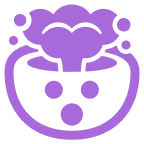
Seems oblivious to other lifestyles and beliefs
Has difficulty outside of their comfort zone
How This Plan Helps
This plan encourages children to embrace change and explore creative problem-solving.
Skill: Creativity & Innovation
Course:Don’t Wait: Create!
Becomes upset when plans change
How This Plan Helps
This plan teaches techniques to manage emotions and adapt to dynamic situations.
Skill:Learning & Adapting
Course: Learning to Love Learning!
Has fears that overwhelm them.
How This Plan Helps
This plan provides tools to manage and overcome fears through various strategies such as mindfulness practices.
Skill: Fear Management
Course: FearLESS: Building Brave Young Hearts
Seems oblivious to other lifestyles and beliefs
How This Plan Helps
This plan builds understanding and respect for diverse perspectives through group activities.
Skill: Social Awareness
Course: Human Dynamics
01Facing New Experiences
This scenario encourages your child to approach unfamiliar situations with curiosity and confidence, fostering innovative thinking.
02Adjusting to New Schedules
This scenario teaches your child techniques to adapt to changes in routines or plans effectively.
03Overcoming Fears of Failure
This scenario equips your child to identify and confront fears that hold them back, consequently building resilience and self-belief.
04Appreciating Diverse Perspectives
This scenario guides your child to engage respectfully with peers from different backgrounds, encouraging a welcoming mindset.
Real-Life Applications
How this plan's skills apply to real-world scenarios for everyday success
Courses Included
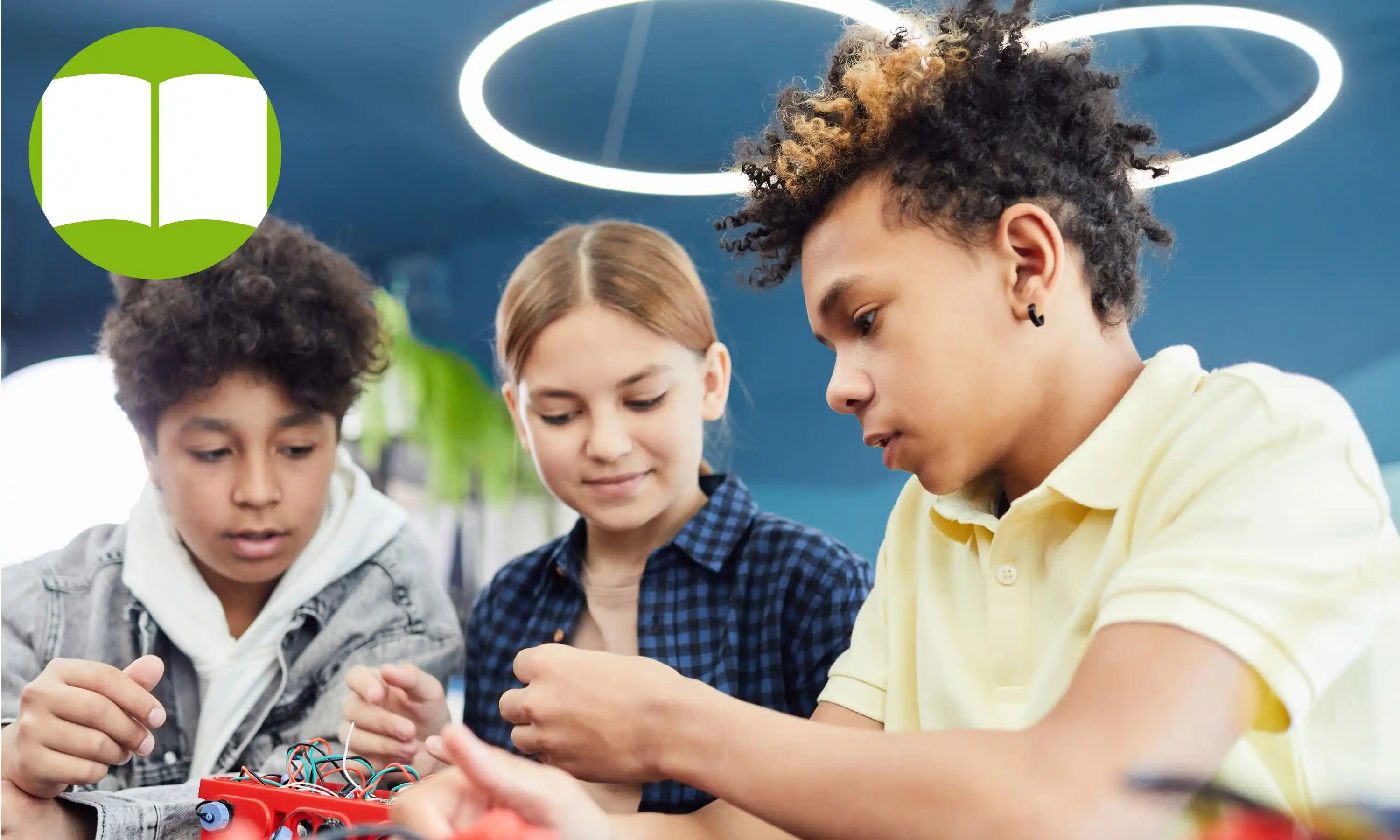

Don’t Wait: Create!
Intellectual
Creativity & Innovation
Course Details:
Modules: 4 |
Lessons: 33
Creative Problem-Solving: Apply creative techniques to tackle real-world issues effectively.
Resilience Growth: Develop resilience and a growth mindset to navigate challenges.


Human Dynamics
Social
Social Awareness
Course Details:
Modules: 4 |
Lessons: 32
Empathy Development: Grow empathy by valuing diverse perspectives and experiences.
Bias Challenges: Work against biases and stereotypes to improve fairness and equality.
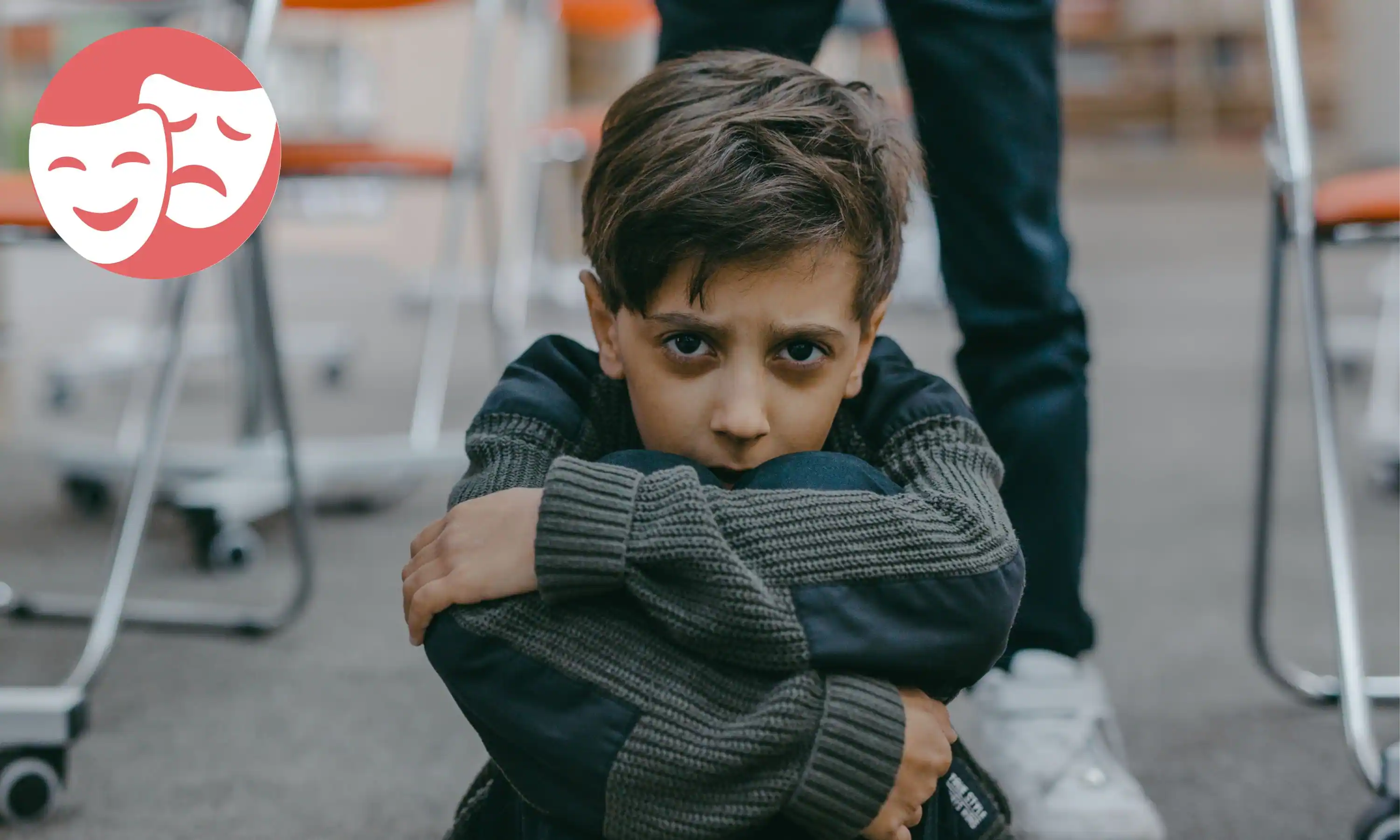

FearLESS: Building Brave Young Hearts
Emotional
Fear Management
Course Details:
Modules: 4 |
Lessons: 31
Understanding Fear: Recognize fear’s role and learn when it’s helpful or harmful.
Coping Strategies: Explore methods to manage fears like social anxiety and failure.
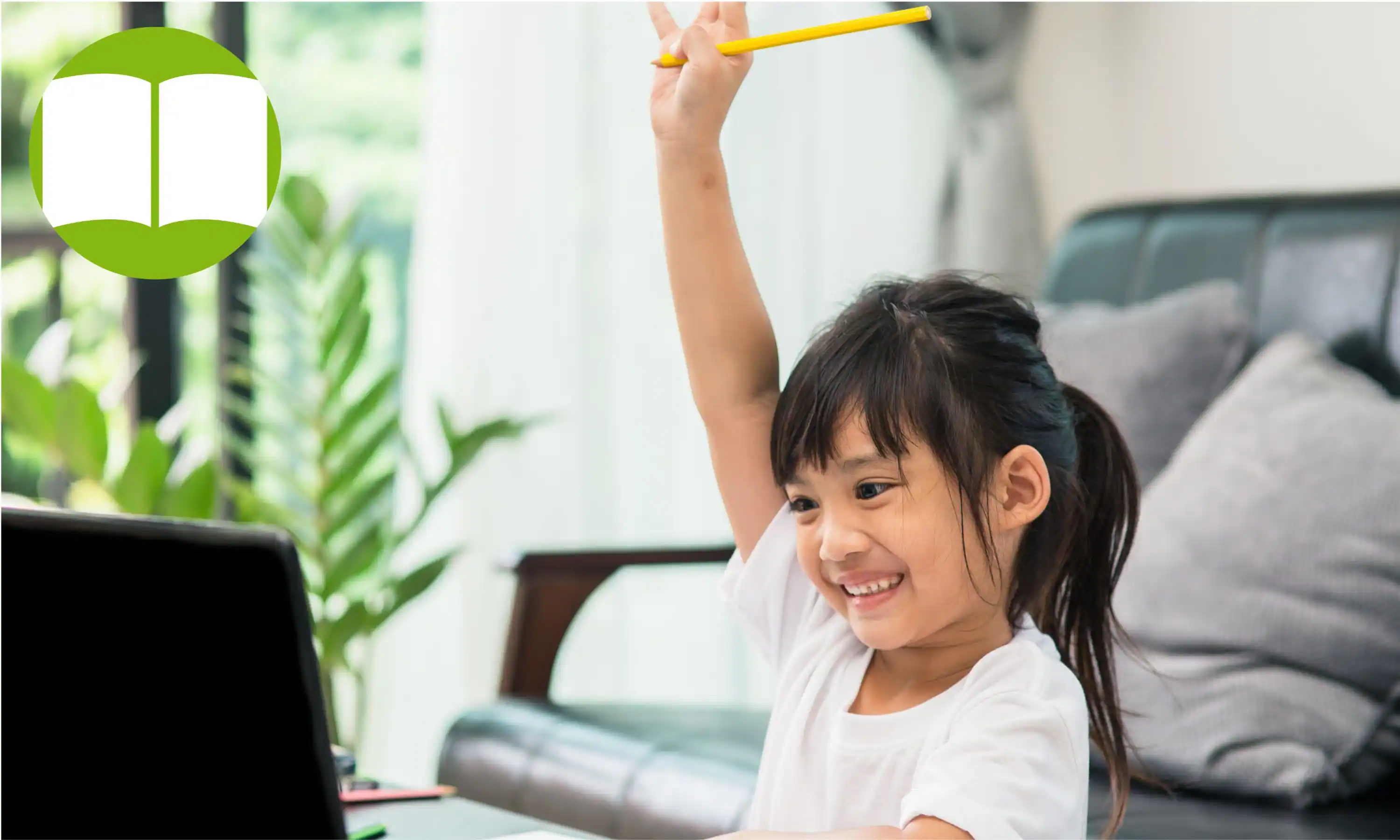

Learning to Love Learning!
Intellectual
Learning & Adapting
Course Details:
Modules: 4 |
Lessons: 32
Growth Mindset: Develop a growth mindset to embrace and overcome challenges persistently.
Self-Advocacy: Cultivate self-advocacy skills to confidently express needs and build confidence.
Meet the Course Creators

Lauren Hudak
Don’t Wait: Create!
FearLESS: Building Brave Young Hearts
Lauren Hudak
Don’t Wait: Create!
FearLESS: Building Brave Young Hearts
Lauren Hudak is an educator with over eight years of experience. After graduating from the University of Virginia with degrees in English Literature and Media Studies, she went on to get her Masters in Teaching from New York University. Lauren has worked with all ages of students from Pre-K through college, but she thrives when working with middle schoolers. She believes this is the perfect age to integrate mindfulness, technology, and social emotional learning into student learning objectives. She wants to help students conquer their fears and build a better world. When she’s not teaching, Lauren loves being outdoors, traveling and spending time with her family.

Melissa Miletic
Human Dynamics
Melissa Miletic
Human Dynamics
Melissa Miletic is a dynamic educator with over ten years of experience in education, beginning her journey with a transformative volunteer stint abroad at 18. She has since navigated all facets of education, from policy-making to classroom teaching, driven by her multicultural upbringing and a deep belief in the value of diversity. Committed to providing holistic, inclusive, and high-quality education, Melissa strives to impact learners across all demographics and geographies. Her approach blends modern methodologies with a global perspective, aiming to make learning engaging, relevant, and accessible to everyone. Holding a double bachelor’s degree in International Relations and Communication from the University of South Florida and a master’s in International Education from New York University, Melissa’s expertise lies in crafting educational experiences that resonate universally. Her professional and personal mission is to champion education as a transformative force, bridging cultural divides and fostering understanding in a connected world.
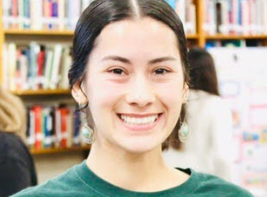
Jazmine Morales
Learning to Love Learning!
Jazmine Morales
Learning to Love Learning!
Jazmine Morales is a passionate educator who is driven to provide a quality, equitable, and meaningful education to her students. She aims to make learning fun and engaging, while maintaining a rigorous and productive learning environment. She has taught an array of science classes, such as Biology, Physiology, Marine Biology, and Biomedical Science. Jazmine has earned her B.S. in Kinesiology, B.A. in Spanish, and M.A. in Urban Education with an emphasis in Language and Culture. She values and follows teaching practices that are proven through research to be the most valuable and effective for the newer generations of students. She continues to grow as an educator by attending professional developments and community college courses. Finally, she strives to help raise self-advocating leaders who understand the importance in making a difference in the world, for not only those who exist today, but for those who lie seven generations ahead.
Sample Lesson Preview 
Don't Wait: Create!
Testing and Evaluating
Iterate, iterate, iterate!
An iteration is like a do-over — a chance to make improvements based on what we learned from the first try. Testing an iteration is like trying out a new version of something we’ve made, to see if it works better than before.
First, we carefully test our new design or idea. This could mean asking friends to try it out, observing how it works in real life, or using special tools to measure its performance.
Once we’ve gathered feedback, it’s time to listen and learn! Feedback is not a critique or something to be embarrassed by — it is a super valuable tool that shows us where we need to go next. We pay attention to what people liked, what they didn’t, and any ideas they have for making it even better.
Then comes the fun part: Making changes based on the feedback! We tweak our design, fix any problems, and add new features to make it even cooler.
Sample Lesson Preview 
Human Dynamics
Importance of Social and Cultural Awareness
Why it Matters
Social and cultural awareness are important. Here’s why:
- Making Friends And Feeling Happy: When we learn about and respect how others live, it's like friendship magic! Kindness and respect help us make more friends and have fun together.
- Peace And Teamwork: If everyone understood and respected each other's ways, there would be less fighting and more teamwork. This teamwork helps us solve big problems like protecting the planet, and that's super important for the future.
- Learning And Adventure: Learning about different cultures is like going on an exciting adventure. It makes us smarter and more creative while making the world more interesting.
- Future Jobs: Many future jobs will involve working with people from all over the world. Understanding their cultures and ways of doing things can help you succeed. Always remember to be curious and respectful about the amazing uniqueness in our world!
Sample Lesson Preview 
FearLESS: Building Brave Young Hearts
Fight, Flight, or Freeze
The Triple F’s of Fear
Fight, Flight, and Freeze are the three basic ways that our bodies respond to threats.
Your brain might decide that fighting the danger is best. For example, if you are faced with an unfriendly animal, you might yell or throw things at it to try to get it to go away. You might have learned to wave your arms and stomp your feet. You’re trying to prove that you are the bigger threat so the animal will leave you alone!
Sometimes, flight is the best option. Your brain wants to get you out of a dangerous situation quickly. This could mean physically running away from something scary, but it could also mean avoiding something that you find intimidating. For example, maybe it means not raising your hand in class because you’re scared you’ll get the answer wrong in front of others.
The last “F” stands for freeze. Sometimes, your brain can’t make a decision. Instead of fighting or running from the danger, you freeze up. You might have a hard time speaking or yelling, your mouth might go dry, or you might feel faint or lightheaded.
Sample Lesson Preview 
Learning to Love Learning!
Growth Mindset and Fixed Mindset in Real Life
What would you have done differently?
As we have learned, it’s impossible to not make mistakes every once in a while. It’s okay; things happen. However, we now know how our thoughts and beliefs about ourselves affect our actions. Negative thoughts or beliefs can easily turn into negative actions with a fixed mindset.
Let’s pretend your parents ask you to help cook dinner in the kitchen. You are asked to keep an eye on the food, but you accidentally burn it. Thankfully, you are given another chance.
What are three things you could do differently to prevent the food from burning again? Keep the growth mindset in mind. We suggest that you open up a digital or physical journal. Keep this journal throughout the duration of this course, as we will suggest you respond to questions and make reflections.
